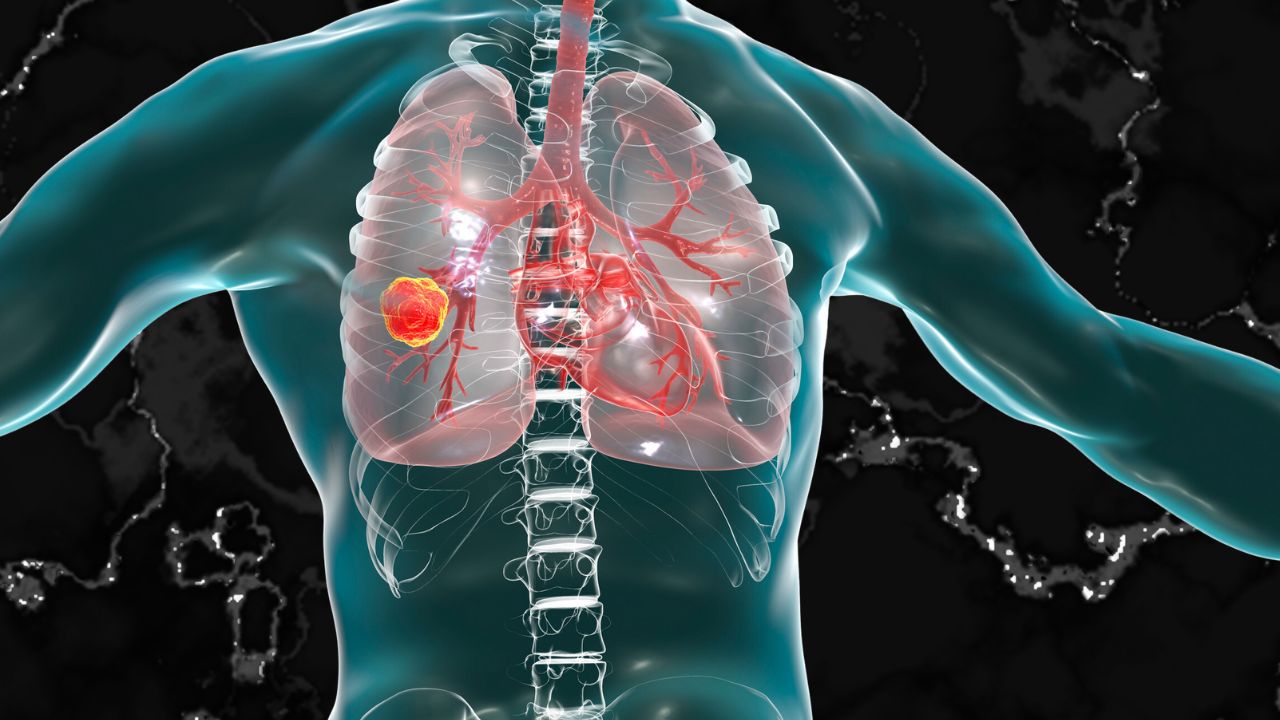Lung Cancer Treatment in India
Lung cancer ranks among the leading causes of cancer-related deaths worldwide, yet it often remains preventable. Many cases link directly to carcinogens like cigarette smoke, which cause precancerous changes in lung tissue. However, these changes may take years to develop into full-blown cancer. When diagnosed early, lung cancer is usually treatable. In India, treatment options for lung cancer are comprehensive, including surgery, chemotherapy, and radiation therapy. Additionally, advanced modalities such as immunotherapy and targeted therapy have become more accessible. India’s healthcare system is renowned for delivering high-quality treatment at a fraction of the cost compared to Western countries.
Understanding Lung Cancer
Lung cancer develops when abnormal or uncontrolled tissue growth occurs in the lungs. Several factors contribute to this condition, including excessive smoking, exposure to radiation, air pollution, and inhalation of fine particles or other carcinogens. Moreover, lung cancer can metastasize, spreading from the lungs to other parts of the body like the brain or lymph nodes, or vice versa.
Types of Lung Cancer
There are two primary types of lung cancer:
- Small Cell Lung Cancer (SCLC): This type accounts for about 20% of lung cancer cases. It typically begins in one of the breathing tubes and spreads rapidly.
- Non-Small Cell Lung Cancer (NSCLC): Representing nearly 80% of lung cancer cases, NSCLC includes subtypes like squamous cell carcinoma, adenocarcinoma, and large cell carcinoma. Early detection often leads to better treatment outcomes for NSCLC.
Recognizing the Signs and Symptoms
Symptoms of lung cancer frequently include persistent cough, chest pain, wheezing, and coughing up blood. In addition, you might notice unexplained weight loss, fatigue, shortness of breath, hoarseness, and recurring respiratory infections like bronchitis or pneumonia. Some patients also experience the paraneoplastic syndrome, where hormone-like substances secreted by lung tumors cause symptoms such as nausea, elevated blood pressure, and seizures. Given the seriousness of these symptoms, consulting a doctor is crucial, especially if you have a history of smoking.
Causes of Lung Cancer
Smoking remains the predominant cause of lung cancer, responsible for approximately 80% of related deaths. Besides smoking, other risk factors include exposure to asbestos, radon gas, air pollution, and carcinogenic chemicals such as mustard gas and uranium. A family history of lung cancer and previous radiation therapy to the chest can also increase your risk. Notably, even non-smokers may develop lung cancer due to secondhand smoke or environmental exposure to harmful substances.
Diagnosing Lung Cancer
Diagnosing lung cancer usually begins with a thorough medical examination and discussion of your symptoms. Your doctor may then recommend various diagnostic tests, including:
- Imaging Tests: X-rays, MRI, CT, and PET scans help detect abnormal masses or lesions in the lungs.
- Sputum Cytology: Examining coughed-up phlegm under a microscope can reveal cancer cells.
- Bronchoscopy: In this procedure, a lit tube is inserted into the lungs to allow for a closer examination of lung tissue.
- Biopsy: A small sample of lung tissue is removed for microscopic examination to confirm whether cancer cells are present. Biopsies can be performed using different methods, such as mediastinoscopy or lung needle biopsy.
If cancer is detected, additional tests like bone scans may help determine the stage of the disease and its spread.
Conclusion
India offers a wide range of advanced and affordable lung cancer treatments, making it a preferred destination for medical care. Patients can expect personalized and effective treatment plans from experienced oncologists at state-of-the-art facilities. Rawa Health connects you with India’s top doctors and hospitals, ensuring access to high-quality care tailored to your specific needs.





